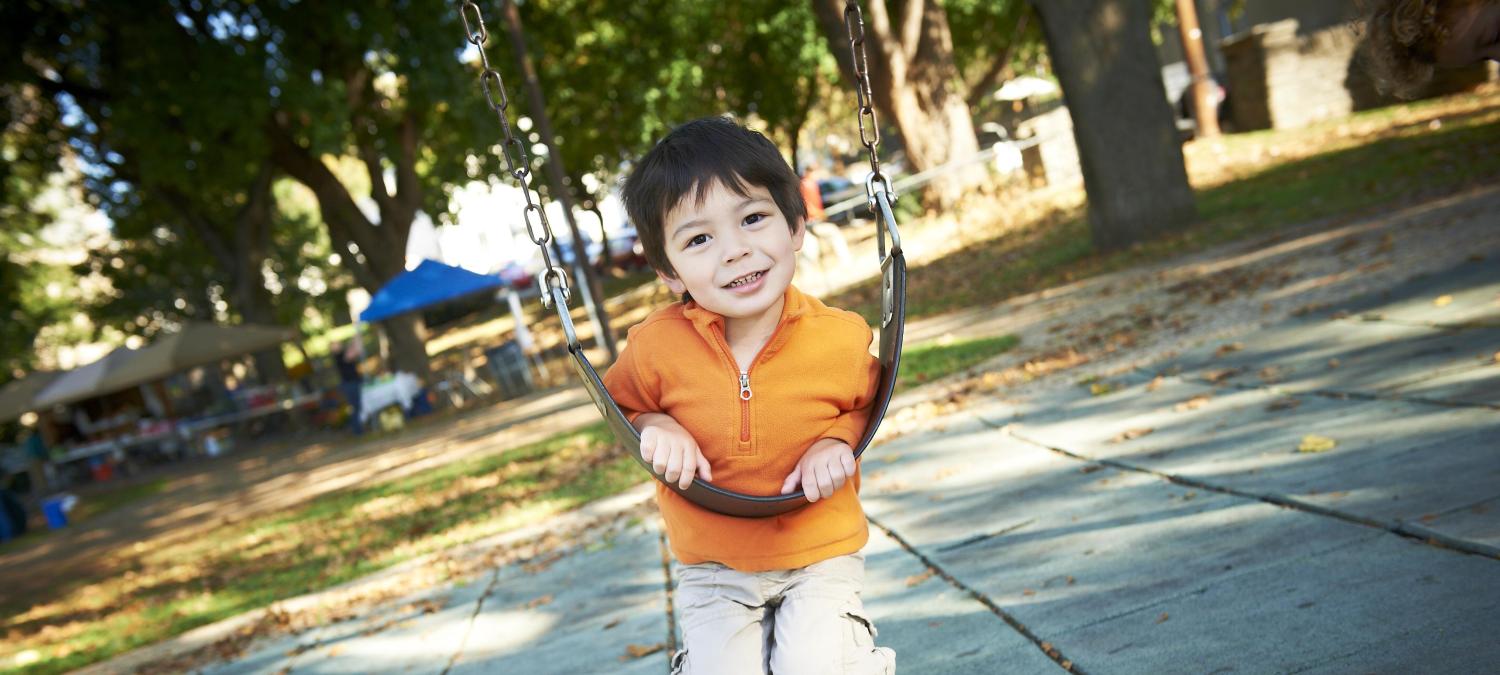

Publications
Search Tips
- May 2025
At PolicyLab, we recognize that individuals impacted by substance use who are also caregivers of children need unique supports that are responsive to family context and experience.PolicyLab researchers are looking into programs and policies aimed at supporting families with a caregiver…
- Oct 2024
Objectives: (1) To quantify hospital-level variation in use of neuroimaging to screen for intracranial injury (ICI) among infants without overt signs or symptoms of head trauma undergoing subspecialty evaluations for physical abuse; (2) to assess for disproportionality in…
- Oct 2024
Objectives: The Special Supplemental Nutrition Program for Women, Infants, and Children (WIC) and Supplemental Nutrition Assistance Program (SNAP) provide essential nutrition support for low-income families. However, many eligible families do not receive or fully redeem these…
- Sep 2024
Amid a persistent maternal mortality crisis in the United States, substance use is one of the most pronounced issues facing those who have recently given birth and other caregivers in Pennsylvania.Interviews PolicyLab conducted with key stakeholders and caregivers in recovery across…
- Jun 2024
Background: Addressing intimate partner violence (IPV) among expectant families and caregivers with young children requires that multi-professional systems work collaboratively towards a common goal. IPV services and maternal and infant home visiting programs are two important…
- Jun 2024
The federally funded Special Supplemental Nutrition Program for Women, Infants, and Children (WIC) and the Supplemental Nutrition Assistance Program (SNAP) are key sources of nutrition support for low-income families. WIC and SNAP participation have been associated with improved health…
- Apr 2024
Background: Federal legislation mandates healthcare providers to notify child protective service (CPS) agencies and offer a voluntary care plan called a "plan of safe care" (POSC) for all infants born affected by prenatal substance use. While POSCs aim to provide supportive…
- Mar 2024
CAPNET is a multicenter child abuse pediatrics research network developed to support research that will make the medical care of potentially abused children more effective, safe, and fair. CAPNET currently collects detailed clinical data from child physical abuse evaluations from 11…
- Mar 2024
About one in four women in the US report having experienced some form of intimate partner violence (IPV) during their lifetime and an estimated 15.5 million children live in families in which IPV occurred in the past year. Families of young children with IPV experiences often face…
- Feb 2024
PolicyLab responded to a request for information from the Bicameral Paid Leave Congressional Working group on expanding access to paid leave.In their response, PolicyLab experts addressed the working group’s question regarding research on the impact of paid leave on several health…